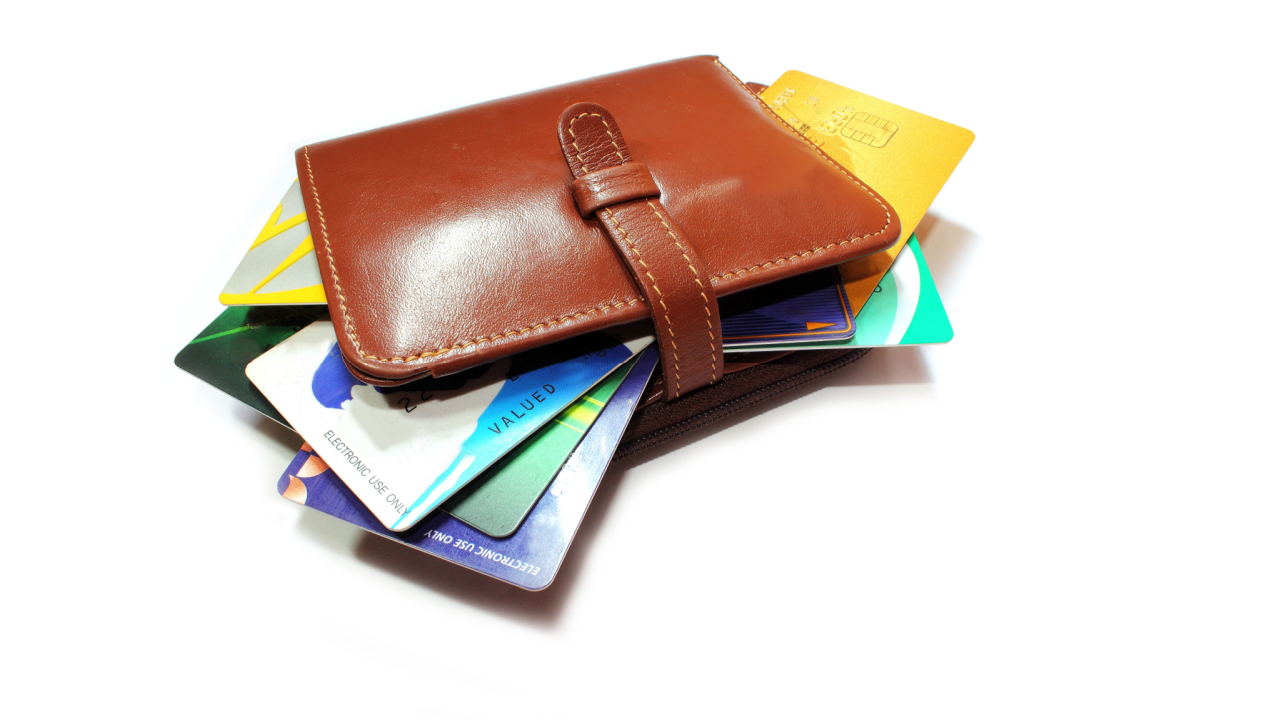In the U.S. and much of the world, credit plays a significant part in our financial systems. Establishing and maintaining a credit score allows individuals to access financial products like mortgages or small business loans. Using a credit card responsibly can help build a credit score. But what credit card is right for you?
You may want to earn rewards or cash back for your regular spending. You may want to rehabilitate your credit score. Or you may wish to find a card with the lowest fees and interest rate. Whatever your motivation, follow this guide to evaluate your options.
First Step: Know Your Credit Score
Your credit score will determine the types of cards you qualify for and your credit limit. If you are getting a card in order to build up your credit, you may only qualify for a handful of cards. You are entitled to receive one free credit report per year from each of the three credit reporting agencies: Experian, Equifax, and TransUnion. Looking over your report before you apply for a credit card is a must because there may be incorrect information lowering your credit score.
If your credit score is moderate to low, you may qualify for a secured credit card. These cards require you to put down a cash deposit in case of default. Make sure to pay the credit card off each month to have a positive impact on your credit score.
Second Step: What are your goals?
Building Credit
When building credit, you should pay off the entire balance every month. Using your card regularly is also important so look at your budget to determine which bills make sense to switch to your credit card. Never charge more than you can afford and mentally earmark the cash in your checking account to pay off your credit card balance every month.
Choose a card with low annual fee (or no fee) and a low interest rate. Having too many credit applications at the same time can lower your credit score so only apply for the credit cards you need to build up your score. Select one card at first and work from there.
Reaping Rewards
Rewards cards can be a great way to save cash overall through airline miles or cash back. Before you apply for one of these cards, calculate if the expected reward is actually worth more than the annual card fee and any potential interest charges.
For airline rewards cards, start by researching the airlines you already fly frequently or the airlines which offer many flights from your local airport. Consider general travel cards as well, which accumulate points to be used on flights or hotels. The value of an airline mile (or point) changes from one airline to another so you may need to research how your points translate into dollars saved.
Weigh the cost of the annual fee against the value of the miles, points, or cash back you expect to generate from credit card spending. Read each offer in detail for blackout dates, first-year fee waivers, or introductory offers. Switching your monthly recurring bills to a rewards card can generate a lot of rewards but will only be worth it if you continue to pay down your balance every month.
Managing Debt
Keeping a handle on your debt is a key part of personal finance. Whether you currently have debt and are looking to lower your interest rate or you are concerned about accumulating debt, a low-interest credit card can save you a lot of money on interest charges.
Credit unions or local banks are often the best source for a low-interest credit card. If you currently bank with a large national bank, evaluate your local credit unions and small banks. Pay attention to the interest rate, balance transfer charges, and annual fee.
Many credit card companies offer an introductory period of 0% interest. This can be a good opportunity to make a large purchase and pay it off with zero interest. This is also a risk because if you are unable to pay off the balance in the introductory period, the interest rate increases to a more average credit card rate.
A 0% interest period can also be attractive if you are carrying a balance on another card and want to use the 0% card to pay it down aggressively. Be cautious because there will be a balance transfer charge and this will only add to the balance to pay down. Think carefully because you may be better off keeping your current card and increasing your monthly payments.
When selecting any type of credit card, make sure to read the fine print to know the fees and charges as they differ from card to card. There may be additional perks like rental car insurance which you will only find by reading the full agreement.
NerdWallet.com offers side by side comparisons of many of the current leading credit cards and may be a great place to start your research. Call an advisor at American Money Management for additional resources when choosing your next credit card.



